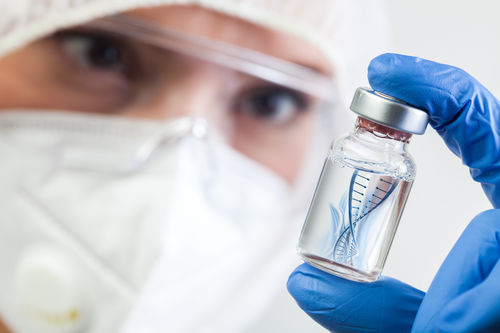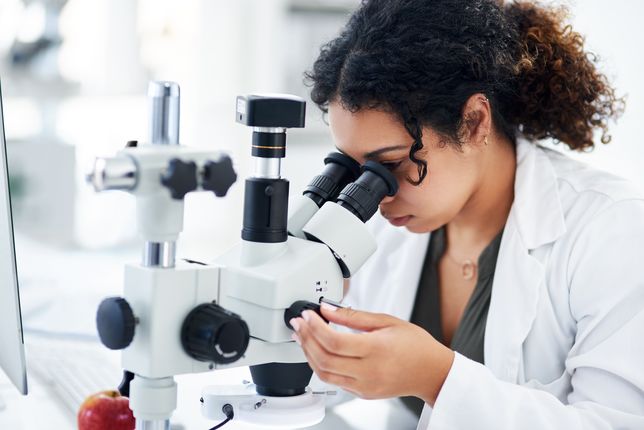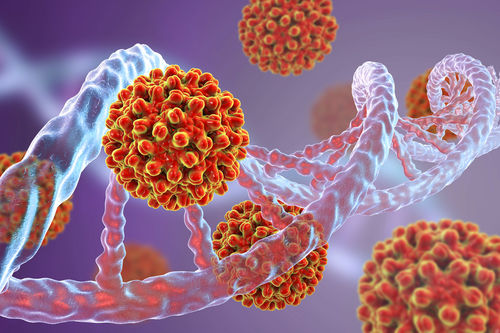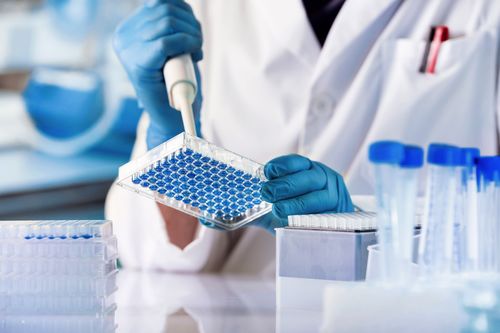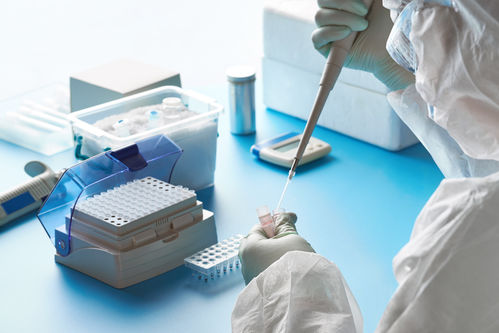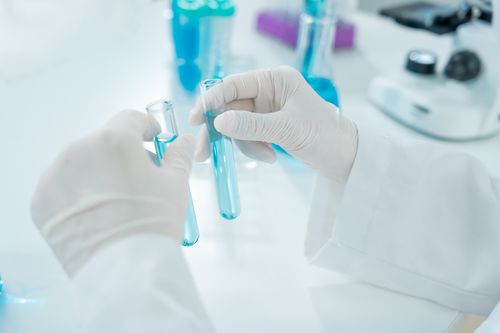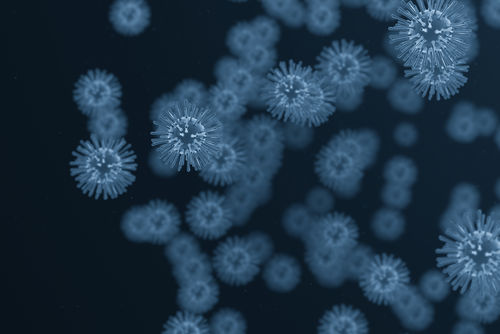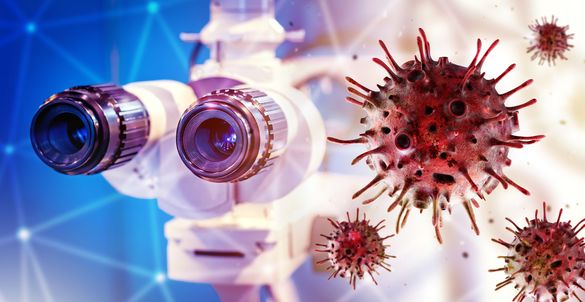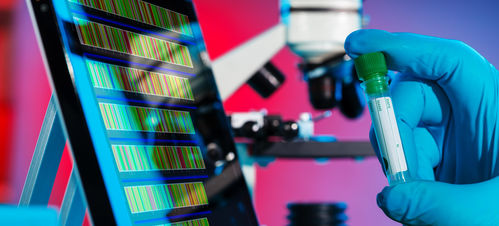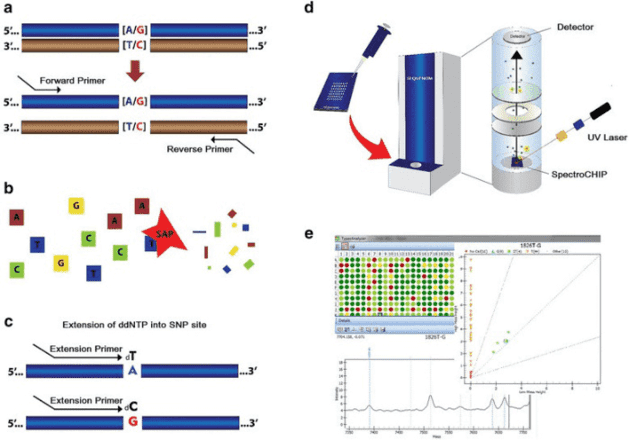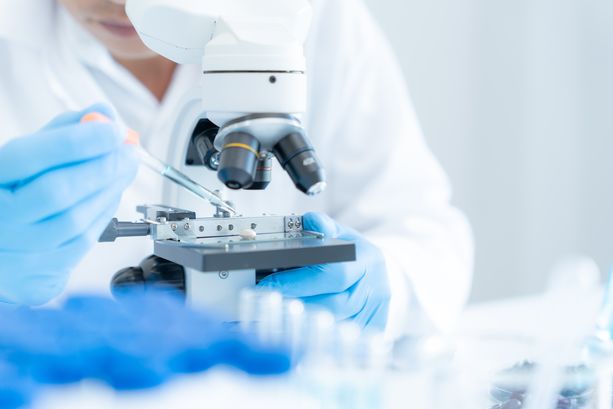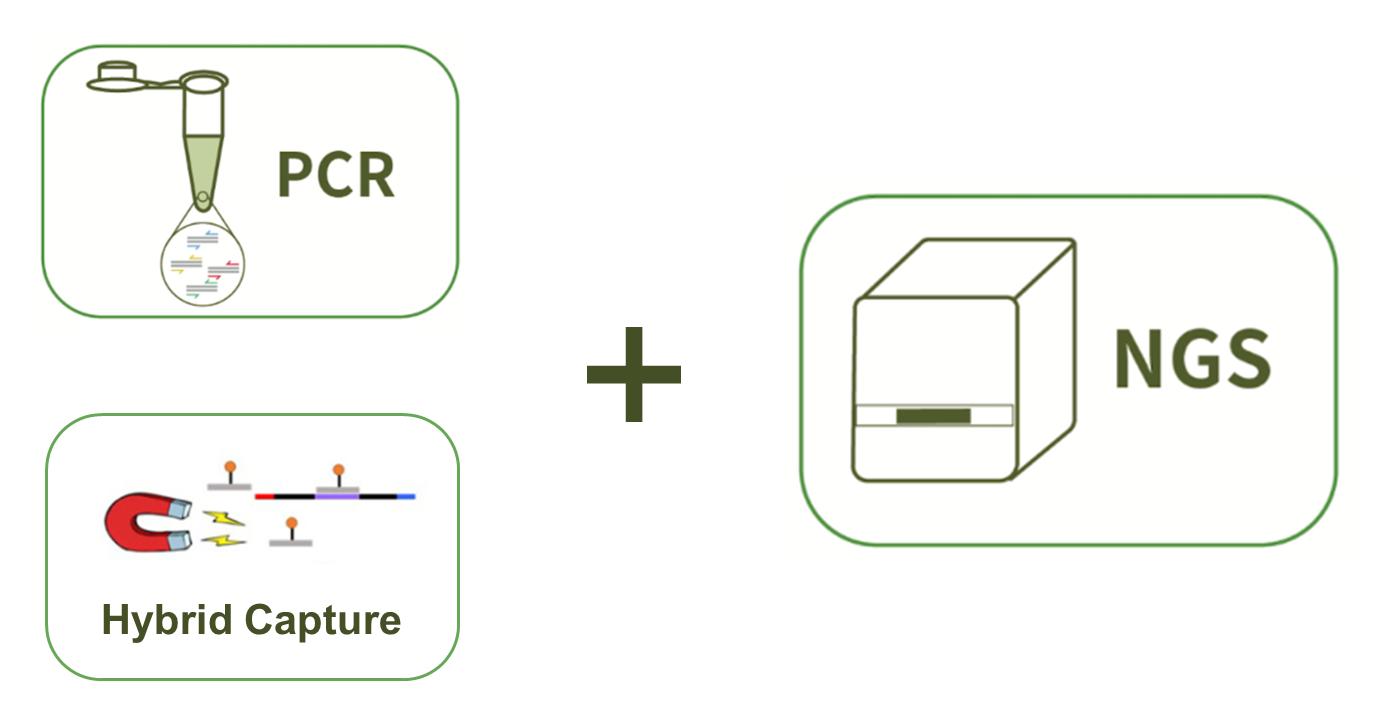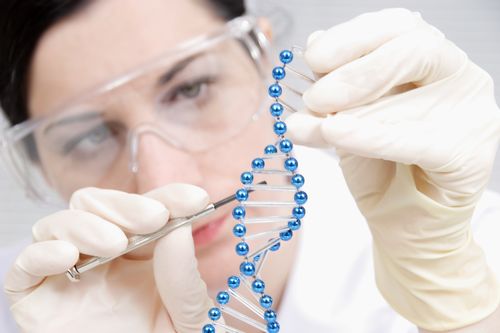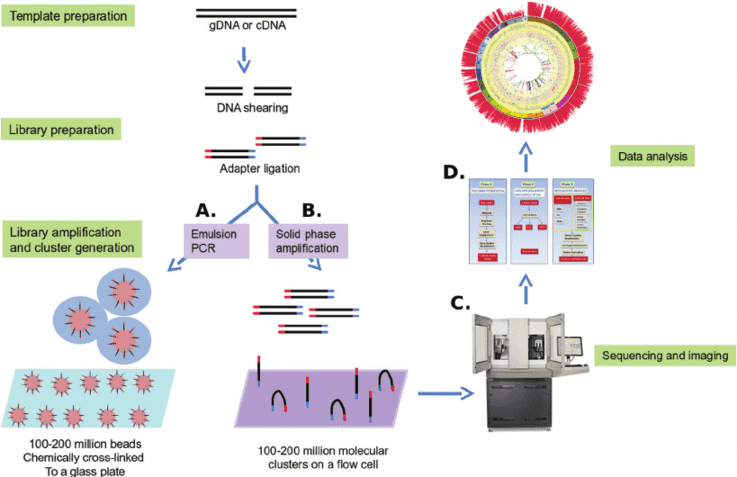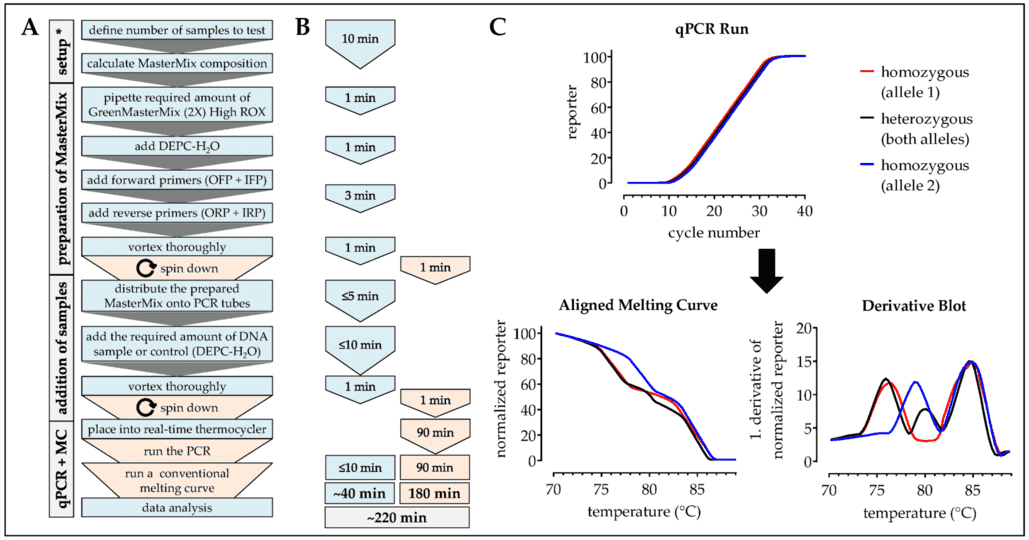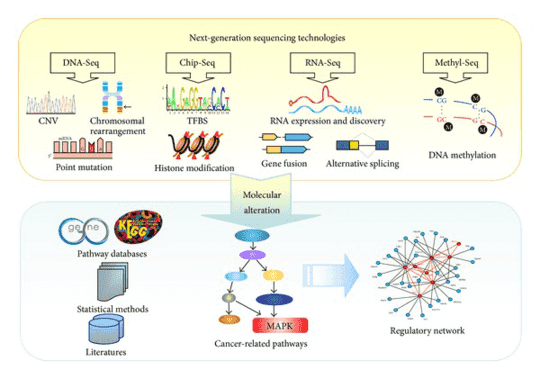Custom Amyotrophic Lateral Sclerosis Panel

What is amyotrophic lateral sclerosis?
Amyotrophic Lateral Sclerosis (ALS), also known as motor neuron disease, is characterized by the degeneration of both upper and lower motor neurons, which leads to muscle weakness and eventual paralysis. The pathogenesis of ALS remains unclear. The latest research shows that the non-motor neuraxis is involved in disease pathology. Early symptoms of ALS are mild and easily confused with other diseases. In the early stages, the patient may just fell some symptoms such as weakness, flesh and fatigue, and gradually progress to muscle atrophy and difficulty swallowing. Finally, respiratory failure occurs. If ALS originates from the limb, the process will be slower, but if it starts from the spinal cord, ALS will develop very quickly. It is important to study genes related to ALS, which can help researchers better understand the biology of ALS diseases.
Disease-related gene description
Currently, studies have confirmed that amyotrophic lateral sclerosis gene 2 (ALS2) and 15 other related genes, such as OPTN, SETX, SOD1 and SPG11, are involved in the occurrence of ALS. Four genes, including CHMP2B, MATR3, SIGMAR1 and SQSTM1, are the preliminary-evidence of ALS. ALS2 encodes the protein which functions as a guanine nucleotide exchange factor for the small GTPase. Mutations in ALS2 result in several forms of ascending spastic paralyzes which are the foresee of ALS. OPTN encodes the coiled-coil containing protein optineurin. The mutations of OPTN cause vesicle trafficking failure and cause ALS directly. SPG11 takes part in the DNA damage repairment, and has a strong relationship with ALS occurrence. Preliminary-evidence gene like MATR3 encodes a nuclear matrix protein, which is proposed to stabilize certain mRNA species. Mutations in MATR3 often cause vocal cord and pharyngeal weakness. The mutations of preliminary-evidence genes increase the risk of ALS.
To support clinical researches of ALS and related genes, CD-Genomics provides a customized ALS panel including genes that have been proved to be related to the ALS. You can select the genes which fit your requirement to create your exclusive panel. Our service powered by Illumina MiSeq system/Ion PGM system enriches the target genes and is provided to investigate the genetic variations for ALS in routine clinical practice.
Custom ALS Panel offers but are not limited to:
-
Advanced target collection and sensitive sequencing technologies: we provide automation and high-throughput amplicon sequencing technology powered by Illumina MiSeq system/Ion PGM system.
-
Rapid and convenient: identify multiple ALS-related genes in a single assay.
-
Strict quality control: every stage in the pipeline workflow will be double checked to ensure the accuracy and repeatability of the sequencing.
-
Reliability: every detected genetic variant in the result has been further validated to make sure its authentic.
-
Customize and powerful database: our database is updated with the research progress of the genes related to ALS, and you can order your own panle with the genes in our database to meet your specific needs.
-
Auxiliary analysis: bioinformatics experts provide analytical results to ensure superior analytical performance.
Choose the genes that suit you from the ALS gene list
| ALS2 |
FUS |
PFN1 |
| SPG11 |
TFG |
CHCHD10 |
| KIFSA |
SETX |
SQSTM1 |
| UBQLN2 |
CHMP2B |
MATR3 |
| SIGMAR1 |
TARDBP |
VAPB |
| DCTN1 |
OPTN |
SOD1 |
| TBK1 |
VCP |
|
Specimen requirements of our custom ALS panel
- Specimen: blood, saliva or extracted DNA (we do not accept DNA samples isolated from FFPE tissue).
- Volume: 2-5 mL blood, 2 mL saliva, 3ug DNA.
- Collection: blood is collected by routine blood collection and saliva is collected by saliva collection kits (kits are available upon request). DNA samples are stored in TE buffer or equivalent.
- Container: lavender-top (EDTA) tube or yellow-top (ACD) tube.
- Storage/transport temperature: room temperature.
Gene panel workflow

For more information about the Custom Amyotrophic Lateral Sclerosis Panel or need other amplification requirements, please contact us.
References:
- Therrien, M, et al. LAS: Recedt Developments from Genetics Studies. Current neurology and neuroscience report. 2016, 16(6): 59.
- Floris, G, et al. Clinical phenotypes and radiological findings in frontotemporal dementia related to TARDBP mutations. Journal of neurology, 2015, 262(2): 375-84.
- Roggenbuck, J, et al. Genetic testing and genetic counseling for amyotrophic lateral sclerosis: an update for clinicians. Genetics in Medecine. 2017, 19(3): 267-274.
- Brenner, D, et al. Hot-spot KIF5A mutations cause familial ALS. Brain. 2018, 141(3): 688-697.
* For research purposes only, not intended for clinical diagnosis, treatment, or individual health assessments.
Related Services
Related Products
Related Resources


